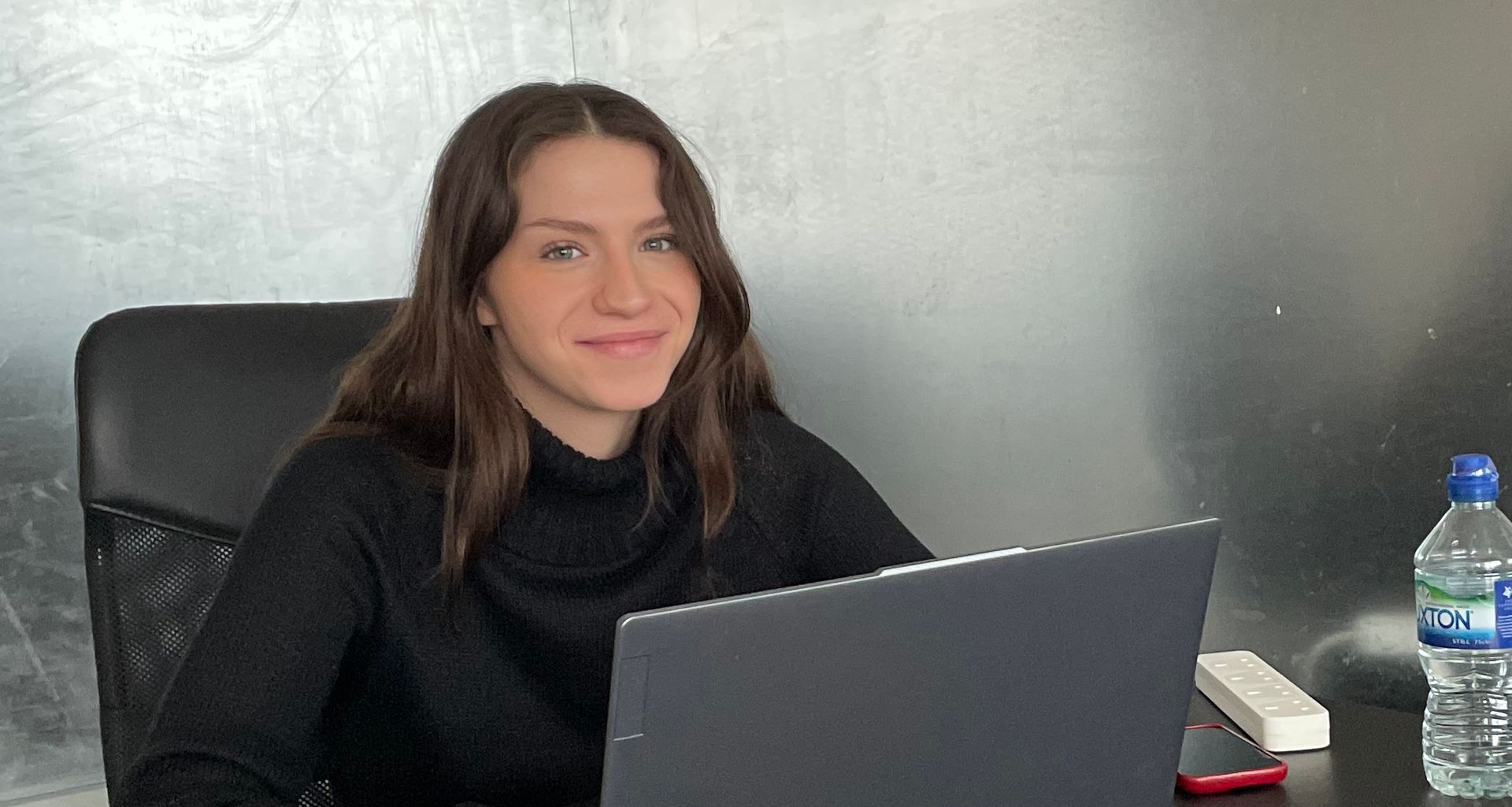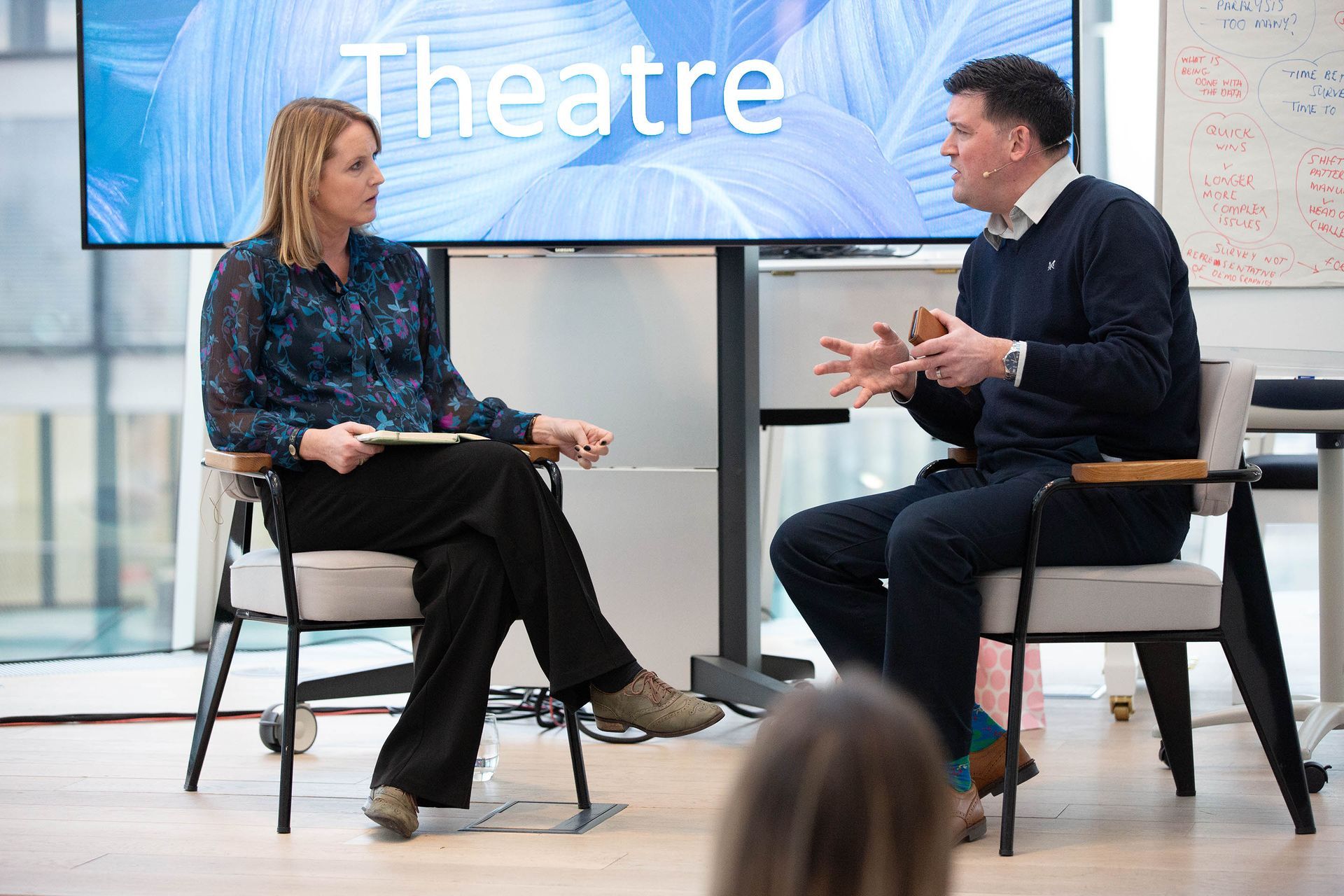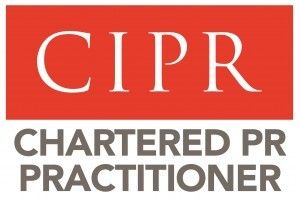Journalists get information for stories in various ways and often the most effective of all of these is the interview.
There are more convenient methods - the press release, wires such as PA News and Reuters, and ‘media centres’ on websites, for example - but nothing matches talking to someone central to the event or issue you are reporting on. That is, if they are a willing participant in the conversation.
As a journalist up against deadlines, these exchanges are an important part of your fact-finding mission as you try to bottom a breaking news story, or flesh out a feature on a topical issue. In fact, your luck in securing the interview will sometimes be decisive in whether the story is published at all.
Invariably, best results are from an in-person interview and there is plenty written about why verbal communication is more rewarding when people are together, face to face.
The phrase 'media interview' does set alarms bells ringing for some when approached, however, and this is completely understandable. It is, after all, an exchange that can see your words shared with thousands if not millions of people. So no problem, a healthy respect for the media interview is not a bad thing. It may calm the nerves a little to look at why the journalist would like to interview you.
The journalist's job
It is stating the obvious, but a journalist has their own job to do. Whether working for a newspaper, industry publication, rolling news channel or website, the reporter or writer has to meet the demands of their editor and ultimately their audience and they are guided by a set of news values that shapes their sense of what is newsworthy.
Armed with a developed sense of what is news, they will look at the information they have, consider the potential story, and then aim to fill the gap. Sometimes they can see the end goal and have a clear idea of what they want to report on. Other times, they just know that a conversation with people close to the story, or an expert on the issue, will enhance their editorial. In sum, the journalist is looking for content that will be of interest to their audience for one or more reasons.
Reasons to interview you
The journalist has their own agenda and will want to talk to you directly on the phone, via video conference or in person for a variety of reasons, and this will not be 'to catch you out'. This was a suggestion made during a media training session I led with a client. It is not an uncommonly held belief, but it isn't what professional journalism is about.
They may want to do one or more of the following:
- explore the issue in more depth
- put you on the spot to hold you to account
- enrich a TV or radio package with an interview segment
- connect you directly with their audience
- seek clarification on technical issues
- build a relationship with you as a contact
- get out of the office because they want a change of scenery
Who's got the questions to my answers?
- Henry A. Kissinger, Former US Secretary of State
Types of interview
A key factor in the types of interview you are likely to face, and the reasons a journalist would want to interview you, will depend on the nature of your and/or your organisation’s work. A political reporter may want to grill an MP or councillor on controversial decisions made. This is described by some as an adversarial media interview and is generally requested of those organisations responsible or accountable when a negative story breaks.
Front-line service providers are often interviewed to inform on a rolling news story. The role some organisations play in society makes them a regular port of call for journalists.
For most organisations approached for an interview, however, it is a positive exercise in shedding more light on a particular topic. You are the expert so you are valuable to the journalist with the task of informing their audience. The benefit to you, the interviewee, is the profile it can give you as an authority in your field. In other words, media interviews can be an important part of your PR and wider marketing strategy, when managed well.
In conclusion
For all media interviews, the journalist has their own objectives and they usually do not include helping you to promote your organisation. This is nevertheless an opportunity for you and your organisation to raise your profile and achieve the brand validation that media interest brings.
The media interview can be a mutually beneficial conversation, but you, the interviewee, cannot fully control the outcome, or the questions asked. This is not an advert, but it is an excellent opportunity if you manage your side of the interview well.




